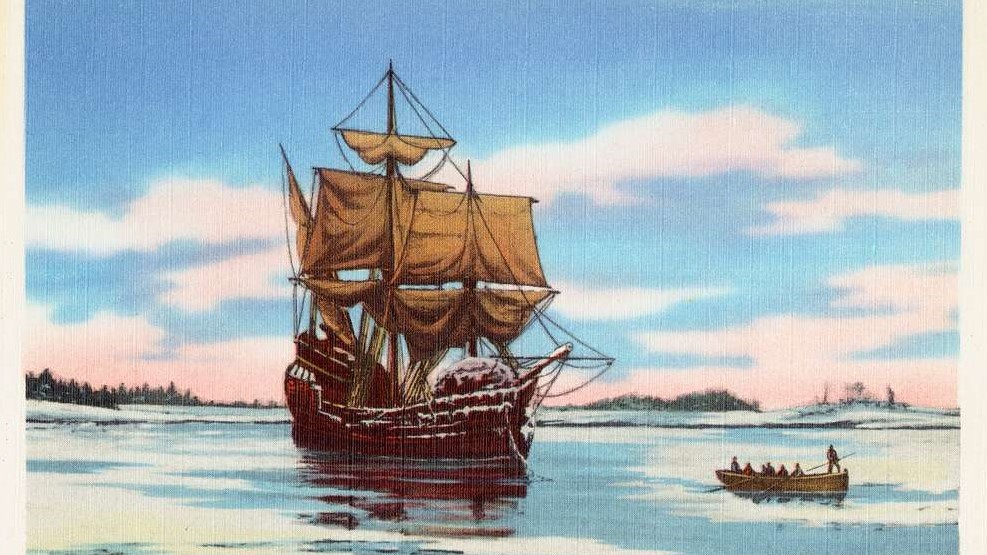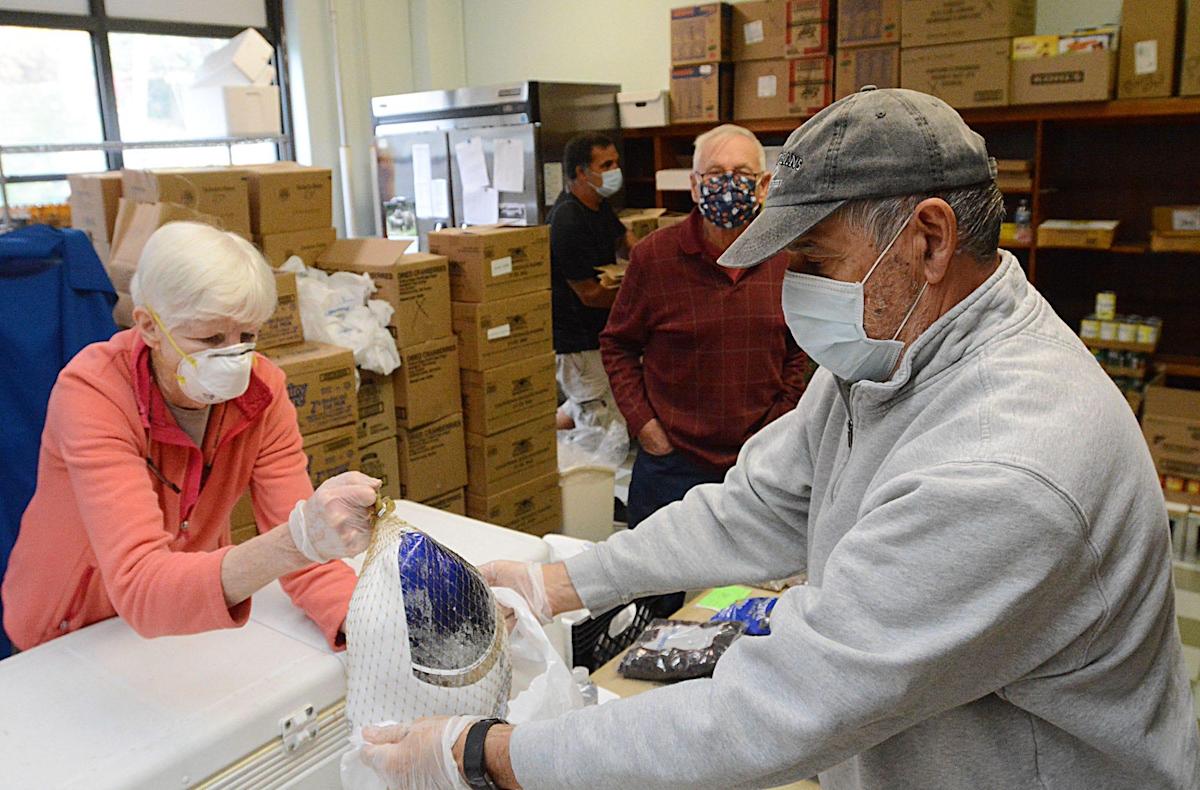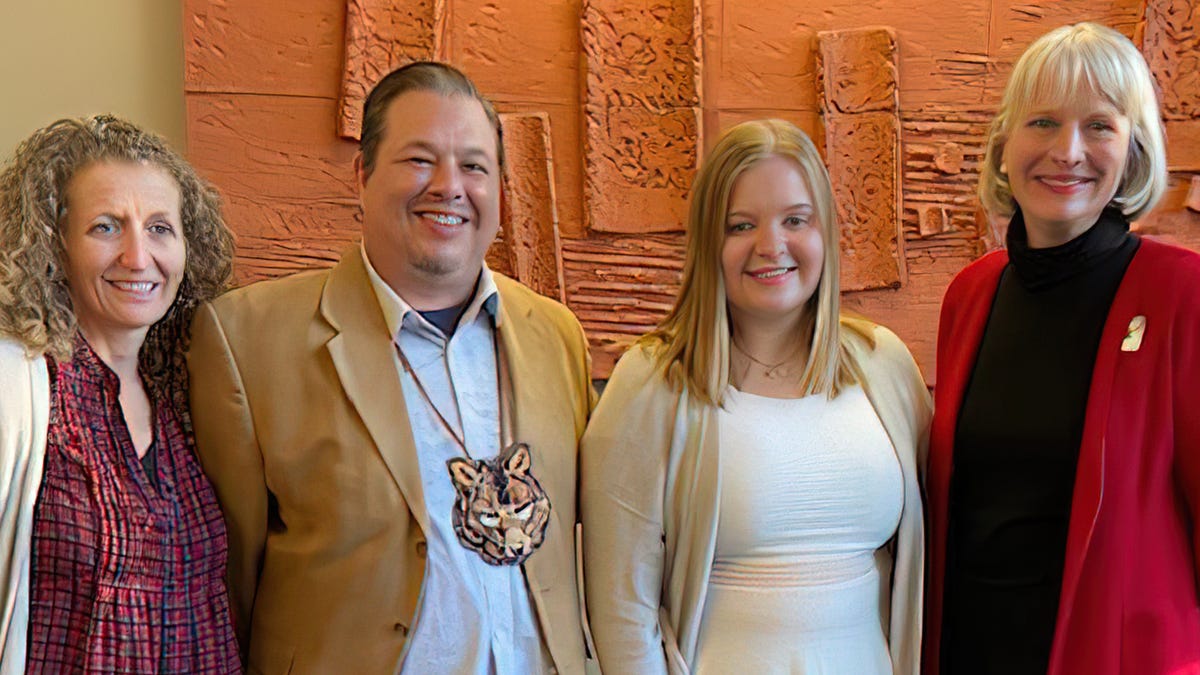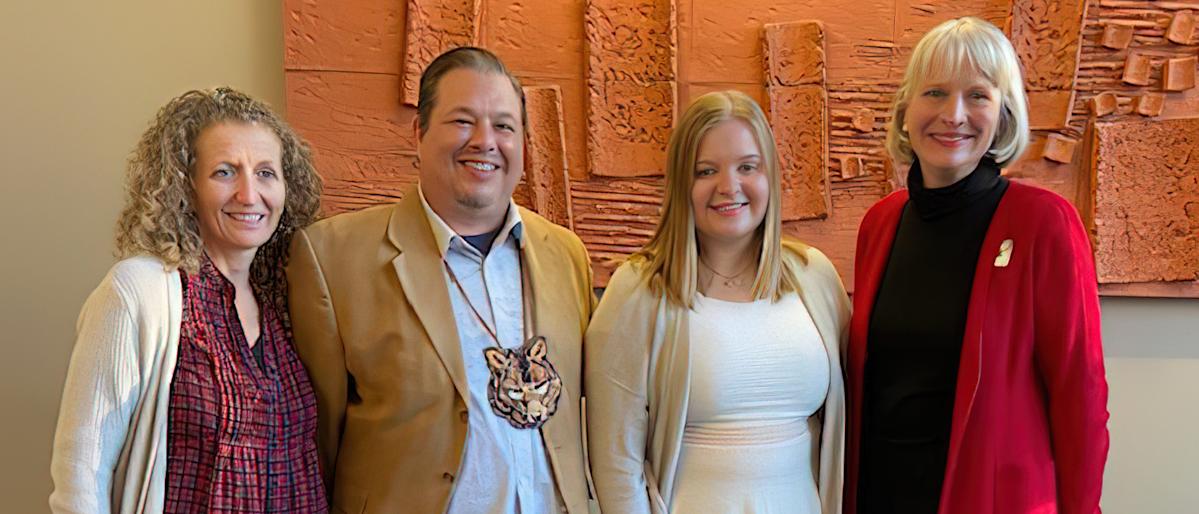The Europeans who began colonising North America in the early 17th century steadfastly believed that God communicated his wrath through plague. They brought this conviction with them – as well as deadly disease itself.
Plague brought by early European settlers decimated Indigenous populations during an epidemic in 1616-19 in what is now southern New England. Upwards of 90% of the Indigenous population died in the years leading up to the arrival of the Mayflower in November 1620.
It’s still unclear what the disease behind the epidemic actually was. But this was the first of many plagues that swept through Algonquian territory – Algonquian being the linguistic term used to describe an array of Indigenous peoples stretching, among other places, along the northeastern seaboard of what is now the US.
The 1620 Charter of New England, given by King James I, mentioned this epidemic as a reason why God “in his great goodness and bountie towards us and our people gave the land to Englishmen”. Plague supported property rights – it informed the back story of Plymouth Colony that was founded after the arrival of the Mayflower.
The English believed God communicated through plague. But my research argues that declaring “God willed the plague” simply opened, rather than closed, the debate. Rulers, explorers and colonists in the 17th century had an interest in pinpointing the cause of disease. This was partly because plague was used to procure land deemed as empty, and even clear it of inhabitants.
Justification for entering the land
Many colonists described New England as an “Eden”. But in 1632 the early colonist Thomas Morton said the epidemic of 1616-19 had rendered it “a new found Golgotha” – the skull-shaped hill in Jerusalem described in the Bible as the place of Christ’s death. Most pilgrims and puritans viewed plague as…










 A military roadblock near the green zone in Baghdad, Iraq. (Photo: AFP) New York (VNA) – Vietnam voiced support for provision of assistance to Iraq in addressing current challenges in the war-torn country during a
A military roadblock near the green zone in Baghdad, Iraq. (Photo: AFP) New York (VNA) – Vietnam voiced support for provision of assistance to Iraq in addressing current challenges in the war-torn country during a 


